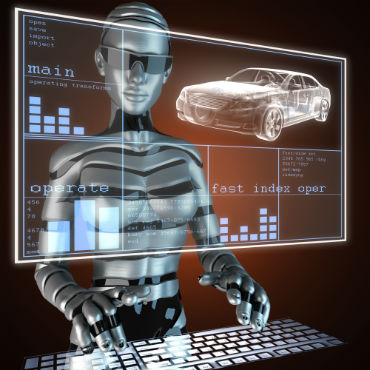DHS, auto industry group team up on cyber
Homeland Security's cyber information sharing program is expanding to the automobile industry as flaws in vehicle systems continue to surface.

A month after the Department of Homeland Security said it planned to step up information sharing efforts with industry, an automotive group signed an agreement to improve cyber threat information sharing and analysis with the agency.
Auto Information Sharing and Analysis Center (Auto-ISAC) was established in 2015 by automakers to share cyber threat information among themselves as cars and trucks become more electronically interconnected.
In mid-December, Jeanette Manfra, assistant secretary for the Office of Cybersecurity and Communications at DHS said her agency's stepping up collaboration with private companies is vital to the economic health of the U.S.
Manfra made the announcement in a Dec. 19 briefing that attributed the WannaCry attacks to North Korea. WannaCry locked access to hundreds of thousands of computers across 150 countries in early 2017. After the briefing, a cybersecurity official with direct knowledge of the developing policy, said the department was looking to increase the use of proactive memorandums with commercial entities.
DHS warned car makers in August 2017 about increasing vulnerabilities to automotive systems from cyberattacks. In a July alert, the National Cybersecurity and Communications Integration Center and the Industrial Control Systems Cyber Emergency Response Team at DHS, said they were tracking research that showed vulnerabilities in certain models of automobiles.
"This relationship with DHS provides our cybersecurity experts the opportunity to work with their counterparts in the federal government to increase information sharing and analysis," Jeff Massimilla, General Motors’ new vehicles safety chief who also chairs the Auto-ISAC, said in a Jan. 25 statement.
Information sharing partners voluntarily submit indicators of observed cyber threats and information about cyber incidents and identified vulnerabilities, in an anonymized, aggregated fashion.
The Auto-ISAC said a key component of the agreement was the ability to sit side-by-side with the federal government and other companies to share and analyze cyber threat data before an attack occurs.





